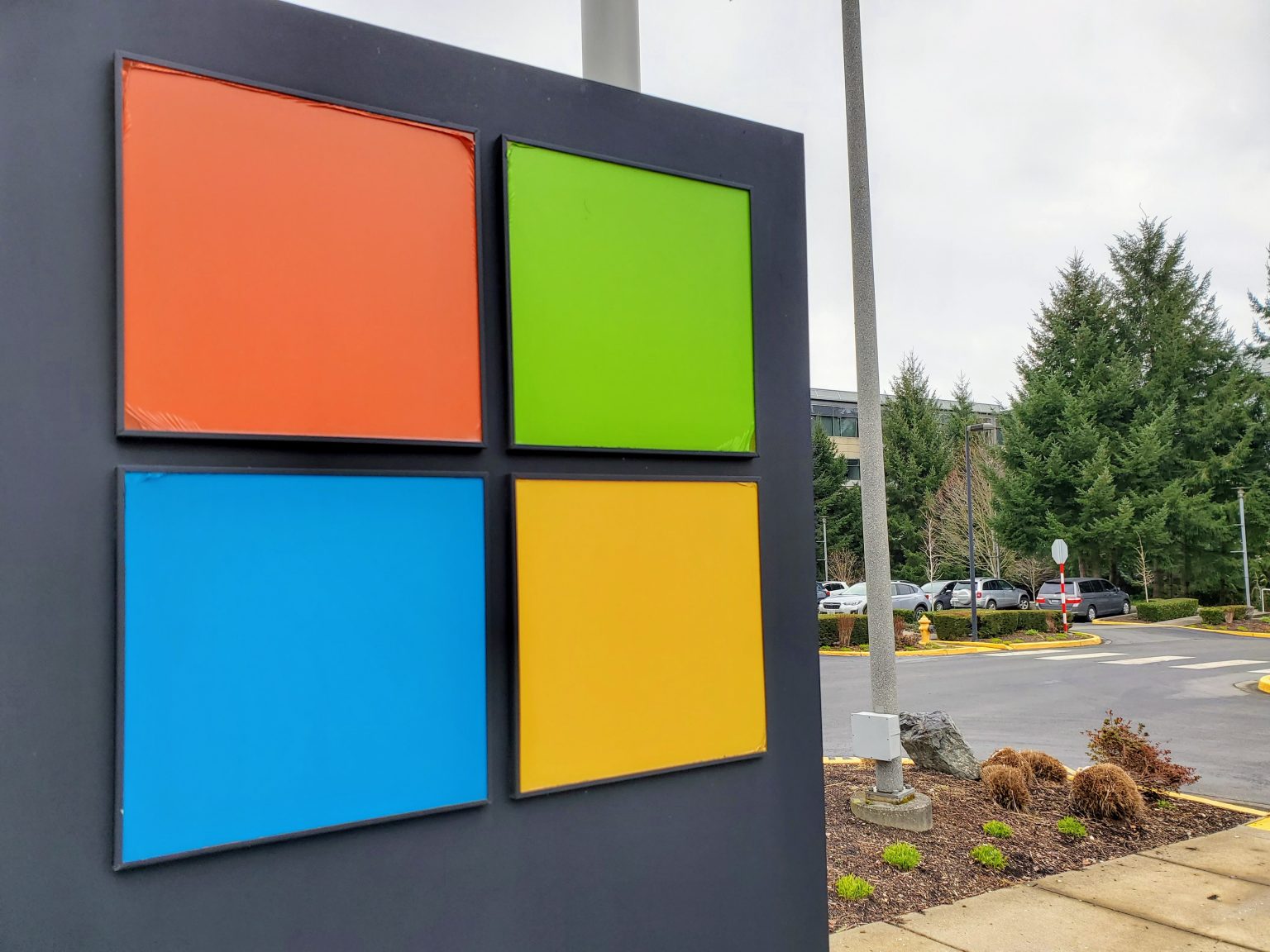Microsoft Makes Historic $30 Billion Investment in UK’s AI Future
Microsoft has announced a monumental $30 billion investment in the United Kingdom, to be deployed over the next three years. This landmark commitment, revealed during President Donald Trump’s visit to the UK, represents the company’s largest financial pledge to the nation in its history. Half of this investment—$15 billion—is earmarked specifically for capital expenditures to build out artificial intelligence infrastructure across the country. The investment highlights Microsoft’s confidence in the UK as a critical hub for technology innovation and reflects the growing global race to establish dominance in AI capabilities. For the 6,000 Microsoft employees already working in the UK, this announcement signals not just job security but likely expansion, while demonstrating Microsoft’s strategic vision of embedding itself more deeply in the British technological landscape.
The centerpiece of Microsoft’s UK investment is an ambitious plan to construct what the company describes as “the country’s largest supercomputer” in collaboration with Nscale. This supercomputer will join an expanding network of data centers throughout the United Kingdom, significantly enhancing the nation’s computing power and technological capabilities. The timing of this announcement is particularly notable, coming when technology companies are competing intensely to secure positions in AI development and cloud computing markets worldwide. For the UK, this represents a vote of confidence in its technological future, particularly welcome in the post-Brexit era when many had questioned whether large multinational corporations would continue to see Britain as an attractive investment destination. Microsoft’s commitment suggests that despite political uncertainties, the UK’s technological talent pool and innovation ecosystem remain highly valued.
This UK investment follows Microsoft’s July announcement that it planned to invest more than $30 billion in capital expenditures in the current quarter alone—a record-setting amount that demonstrates the company’s aggressive expansion strategy. These back-to-back investment commitments paint a picture of a company determined to cement its leadership position in cloud computing and artificial intelligence. Under CEO Satya Nadella’s leadership, Microsoft has transformed from a traditional software company into a cloud and AI powerhouse, with these massive investments representing the physical manifestation of that strategic pivot. The scale of spending also indicates Microsoft’s belief that we are at an inflection point in technology development, with AI capabilities set to transform industries in ways that could be as significant as the internet revolution of previous decades.
Microsoft President Brad Smith framed the investment in terms of a technological partnership between the United States and United Kingdom, emphasizing that “trusted American technology—built on principles of security, transparency, and responsibility” would help empower UK institutions and businesses. This diplomatic framing is particularly interesting given Smith’s previous criticism of UK regulators during Microsoft’s complex acquisition of gaming giant Activision Blizzard. Those tensions appear to have subsided following the deal’s approval, with this investment perhaps serving as an olive branch and demonstration of Microsoft’s long-term commitment to the UK market. Smith’s emphasis on “trusted” technology also appears to be a subtle reference to geopolitical concerns about technology developed in countries with different values regarding privacy, security, and human rights—positioning Microsoft’s American-developed technology as a reliable alternative.
The competitive landscape in UK tech investment is heating up, as evidenced by Google’s nearly simultaneous announcement of a $7 billion investment in the country over the next two years. While Google’s commitment is substantial, Microsoft’s investment is more than four times larger, signaling the company’s determination to establish itself as the dominant AI and cloud provider in the region. This competitive dynamic is playing out globally as technology giants rush to build the infrastructure needed to train and deploy increasingly sophisticated AI models. For customers in the UK—from government agencies to startups to established enterprises—this competition means more options, potentially lower prices, and access to cutting-edge technology that might otherwise be concentrated in traditional tech hubs like Silicon Valley or Seattle.
For the broader UK economy, Microsoft’s $30 billion investment represents more than just improved technological infrastructure—it signifies potential job creation in construction, engineering, data center operations, and the broader technology ecosystem. The ripple effects could extend to education, with increased demand for AI and cloud computing skills potentially reshaping university curricula and professional training programs. Local communities hosting these new data centers will see economic benefits, while the national economy gains a competitive edge in attracting businesses that require robust AI capabilities. As artificial intelligence continues to transform industries from healthcare to finance to manufacturing, having world-class AI infrastructure within its borders positions the UK to participate in this technological revolution not just as a consumer but as a producer of AI innovations. Microsoft’s investment thus represents not just a corporate expansion but a meaningful contribution to the UK’s technological sovereignty and future economic prospects in an increasingly AI-driven world.















